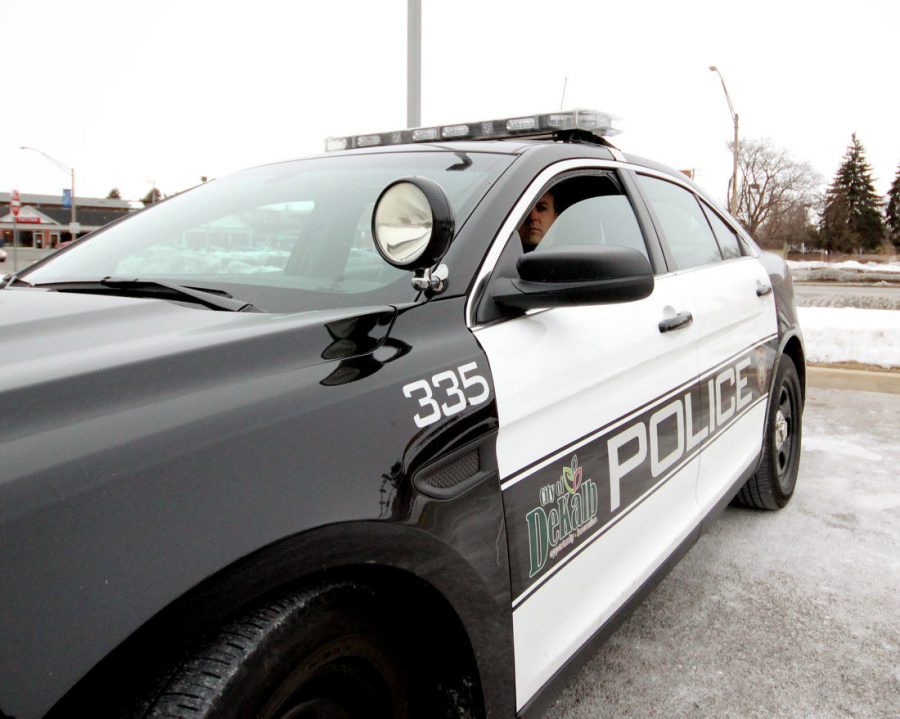Act to standardize handling of sexual assault
September 3, 2015
Gov. Bruce Rauner signed into law the Preventing Sexual Violence in Higher Education Act, which creates a set protocol on how public colleges across the state handle sexual assault.
The act, signed Aug. 21, creates stricter requirements on how public universities, community colleges and private colleges handle sexual assault. Defining consent, informing survivors of rights and options, having an option for students to report anonymously and assigning advisors to provide ongoing support are some of the requirements that will be enforced with the law.
“Basically, it’s going to make sure that all institutes of higher learning in the state are following the same basic guidelines on how they are handling campus sexual assault,” said Rep. Michelle Mussman (D-Schaumburg), who sponsored law. “Wherever you are on a state campus, you have a reasonable expectation what your experience will be.”
The act takes the federal changes to guidelines set by Title IX and the Clery Act and makes them into law. These guidelines were often overlooked by smaller schools but now must be followed, Mussman said.
“This passed with overwhelming support in both the House and Senate,” said Rep. Bob Pritchard (R-Hinckley). “It’s a bill that does not change the punishment or force any kind of reporting, but standardizes the reporting of sexual assault so police can coordinate and look at the data and try to prevent sexual assault.”
In compliance with this act, amendments to the Sexual Assault Survivors Emergency Treatment Act were made, allowing survivors of sexual assault to receive treatment without being billed.
“It is traumatic to receive a bill months down the line,” said Sean Black, Communications Coordinator of Illinois Coalition Against Sexual Assault. “This law will prevent the bill from going to collections because all the red tape is cleared. No victim should be forced to deal with collections when they never should have received the bill in the first place.”
Safe Passage, an Illinois Coalition Against Sexual Assault agency in DeKalb, provides a wide range of services to victims of domestic and sexual violence including crisis intervention and medical advocacy for victims of domestic and sexual violence.
Sexual assault in Illinois
In 2013, Illinois’ reported rape rate was 33.1 per 100,000 persons while the nation’s average was 34.4, according to FBI crime statistics. Sexual assaults at NIU have increased in the last four years — six in 2011, 11 in 2012, 12 in 2013 and 16 in 2014.
“The focus is to hold those who create a hostile environment responsible and be a more victim-centered approach,” Black said. “There is a lot of work to be done on campuses. There has been a lot of stories in the news lately about the hostile environments in schools: Old Dominion, Ohio State, bedsheets posted outside of fraternity houses. These are prime examples that there needs to be continued education and understanding about the issue.”
Fewer than 5 percent of completed or attempted rapes against college women were reported to law enforcement, according to a study done by the National Institute of Justice.
“I think NIU is working very hard,” said Mary Ellen Schaid, Executive Director of Safe Passage. “The president put together a task force with a lot of different people involved including students to work on making NIU’s response the best response it could be.”
The Presidential Task Force on Violence Against Women Act, which first met on July 8, 2014, was made to develop policy recommendations that will enhance the university’s efforts to prevent sexual assaults, support sexual assault survivors and review policies, disciplinary processes and reporting requirements.
“It really has to be a community based approach to end sexual violence,” Black said. “Both these bills work toward a better understanding on a community level and working to prevent sexual violence in our community.”
In support of the law, junior illustration major Taeylor Jackson said public safety must be handled with care and respect.
“If these are the precautions we need then we should go ahead and take them,” Jackson said.







